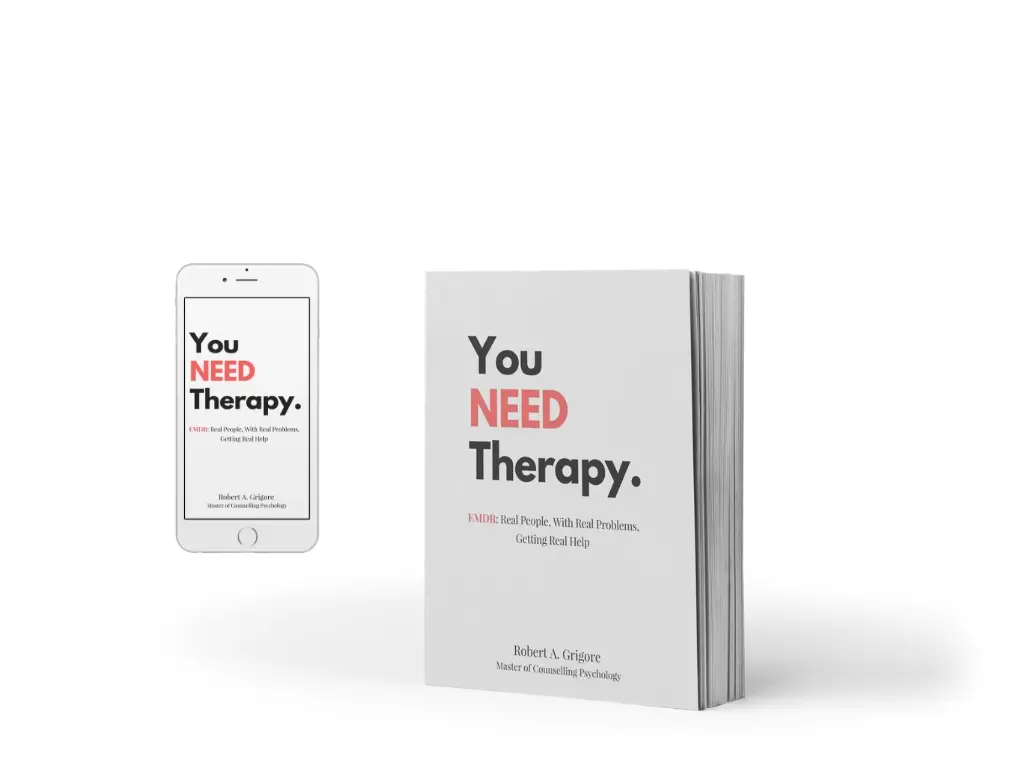Now that school’s out, summer is the perfect time to unlock the potential within our children and adolescents. This vibrant season presents an opportunity not just for fun and exploration, but for profound growth and transformation. Therapy for children and adolescents can play a pivotal role during these formative years, offering support that empowers young minds to navigate challenges and harness their strengths. Through engaging therapeutic techniques, kids are encouraged to express themselves, build resilience, and develop essential life skills.
This article delves into the multifaceted benefits of focusing on mental health for children and adolescents during the summer months, illustrating how it can shape a brighter future for our youth. By investing in their emotional and mental well-being now, we lay the foundation for success, happiness, and fulfillment that can last a lifetime. Join us as we explore the potential of counselling to turn summer into a season of hope, healing, and growth for children and adolescents.
Understanding the Importance of Child and Adolescent Counselling
The formative years of childhood and adolescence are critical periods for emotional and psychological development. During these stages, young minds are incredibly impressionable, and the experiences they encounter can have lasting impacts. Child and adolescent counselling is essential because it provides a safe space for young individuals to explore their feelings, understand their emotions, and develop coping strategies. In an era where mental health issues among youth are on the rise, it’s vital to offer the necessary support to help them navigate life’s complexities.
Counselling helps children and adolescents build a strong foundation of mental health. When young individuals have the tools to manage their emotions and stressors, they are better equipped to handle life’s challenges. Counselling can address a wide range of issues, from anxiety and depression to behavioral problems and trauma. By intervening early, we can prevent these issues from escalating and affecting their future well-being. Moreover, counselling can enhance self–esteem and confidence, enabling young individuals to pursue their goals and dreams with a positive outlook.
Another crucial aspect of child and adolescent counselling is its role in fostering healthy relationships. Young individuals often struggle with social dynamics, whether it’s making friends, dealing with peer pressure, or managing family relationships. Counselling provides a platform for them to develop interpersonal skills, empathy, and effective communication. These skills are essential for building meaningful connections and a supportive network, which are vital components of overall well-being.
10 Common Issues Addressed in Child and Adolescent Therapy
Children and adolescents may struggle with a wide range of mental health and social challenges. Common concerns addressed in therapy include:
Anxiety (general, social, and school-related)
Depression and mood disorders
Behavioral issues (aggression, defiance, impulse control)
Academic stress and learning difficulties
ADHD and executive functioning challenges
Autism Spectrum Disorder (ASD)
Bullying and peer conflict
Family conflict and adjustment to divorce or separation
Trauma and PTSD
Low self-esteem and identity confusion
Therapy helps identify root causes, fosters emotional regulation, and equips young people with tools to succeed in school, home, and relationships.
Benefits of Counselling for Children and Adolescents
Counselling offers numerous benefits for children and adolescents, promoting their overall well-being and development.
Emotional regulation: Therapy helps youth identify, process, and appropriately express complex feelings.
Improved self-esteem and confidence: Building strengths and celebrating small wins empowers children to face challenges with resilience.
Enhanced communication and social skills: Children develop healthy relationship patterns and learn to navigate social environments more successfully.
Research-Backed Benefits
Improved academic performance: A large-scale study found that school-based mental health interventions significantly improve students’ psychological well-being and academic performance (Durlak et al., 2011).
Reduced anxiety symptoms: Cognitive-behavioral therapy (CBT) has been shown to reduce symptoms of anxiety in children and adolescents with lasting effects (James et al., 2015).
Long-term outcomes: Early mental health intervention is associated with reduced risk of substance abuse, criminal behavior, and chronic mental illness in adulthood (Kim-Cohen et al., 2003).
Meet Our Child and Adolescent Therapists
Voted “Best Mental Health Clinic in Langley BC” and “Most Promising Mental Health Clinic in Richmond BC of 2025,” at Grigore Counselling & Associates, we have a winning team of excellent clinicians who specialize in working with children, adolescents, and their families across British Columbia and many across Canada. All are available for virtual sessions, and most offer in-person support in their respective offices:
Basir Bita (Richmond): Fluent in English, Farsi, Dari, and Pashto, Basir Bita works with clients of all ages, integrating evidence-based methods to support developmental and emotional needs.
Sam Lam (Richmond): Fluent in English, Cantonese and Mandarin, Sam Lam specializes in supporting children and the whole family through anxiety, depression, identity exploration, and more with evidence based approaches.
Dr. Sogol Shams (Langley): Fluent in English and Farsi, Dr. Shams specializes in therapy for children, adolescents, and their parents with trauma, anxiety, and family-related challenges.
Ujwala Cherian (Langley): Fluent in English and Hindi, Ujwala Cherian focuses on adolescents and teens (and their parents), providing a safe space for emotional development and self-discovery. As an added benefit for some, Ujwala uses her Christian faith respectfully and appropriately and interweaves evidence-based approaches.
Dr. Cindi Saj (Williams Lake): Works with children, teens, and parents using a strength-based, culturally-sensitive, and evidence-based approaches to healing.
How Therapy Enhances Summer Experiences
With the school year on pause, summer becomes a unique window to focus on mental health without the pressures of academic obligations. Therapy sessions during the summer allow for greater scheduling flexibility and uninterrupted progress. It’s also a season rich with therapeutic opportunities—from nature walks to art–based interventions—many of which are well suited to experiential or play–based therapy models.
Counselling during summer can help children and teens prepare emotionally and socially for the coming school year. Addressing concerns now can ease the transition back to school, reducing the potential for anxiety, bullying, or academic stress when September rolls around. It’s a proactive step that helps young people feel confident, supported, and capable.
Conclusion: Investing in a Brighter Future
The summer months are more than just a break from routine—they’re an opportunity for emotional growth and mental health healing. Child and adolescent counselling provides critical support that can transform not only a young person’s summer but their life trajectory.
At Grigore Counselling & Associates, our experienced and compassionate clinicians are here to support your family every step of the way. Whether your child is dealing with anxiety, struggling socially, or navigating identity and life transitions, we’re ready to help them thrive.
Ready to get started?
📅 Book your free 20-minute consultation today and help your child make the most of summer—emotionally, socially, and mentally.
Not sure who to select?
Call our amazing Intake Coordinators at 1-833-999-5845. We’d be happy to help.











